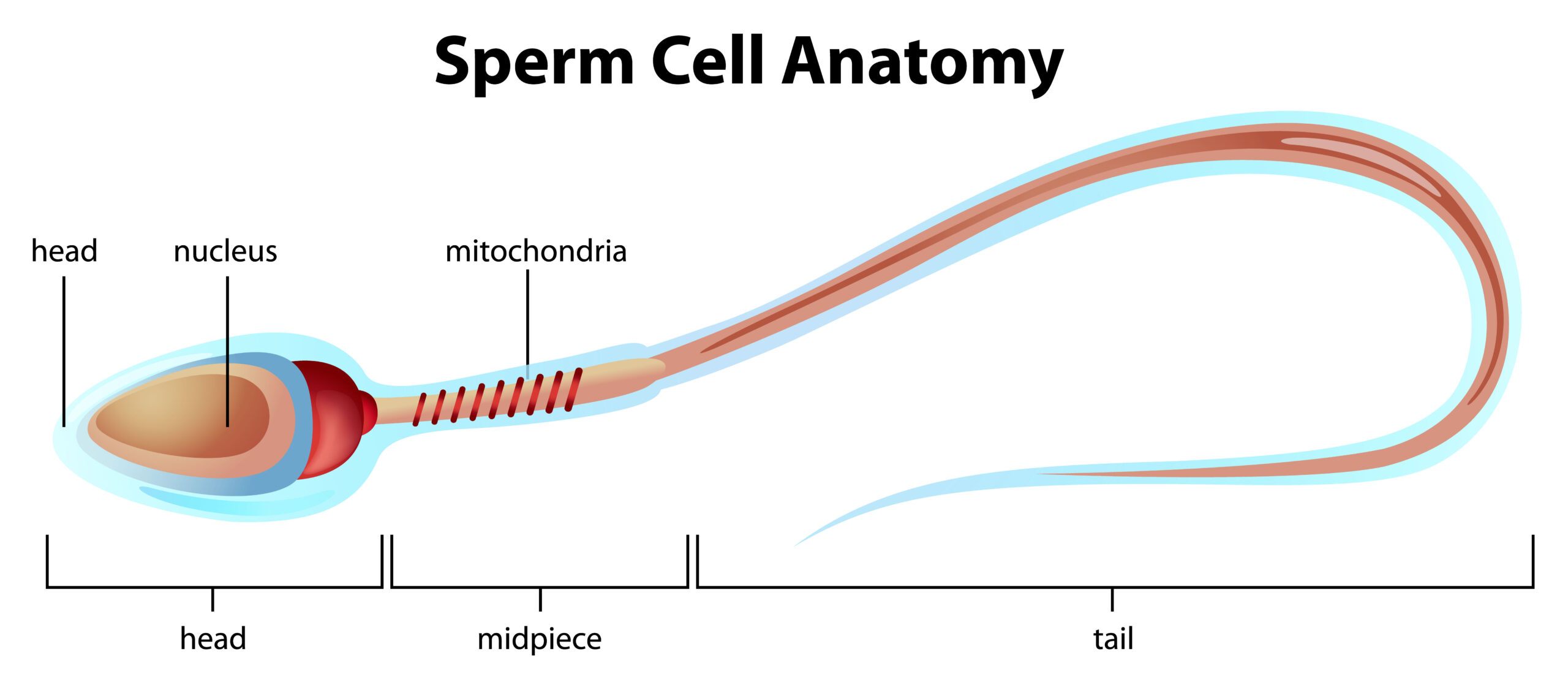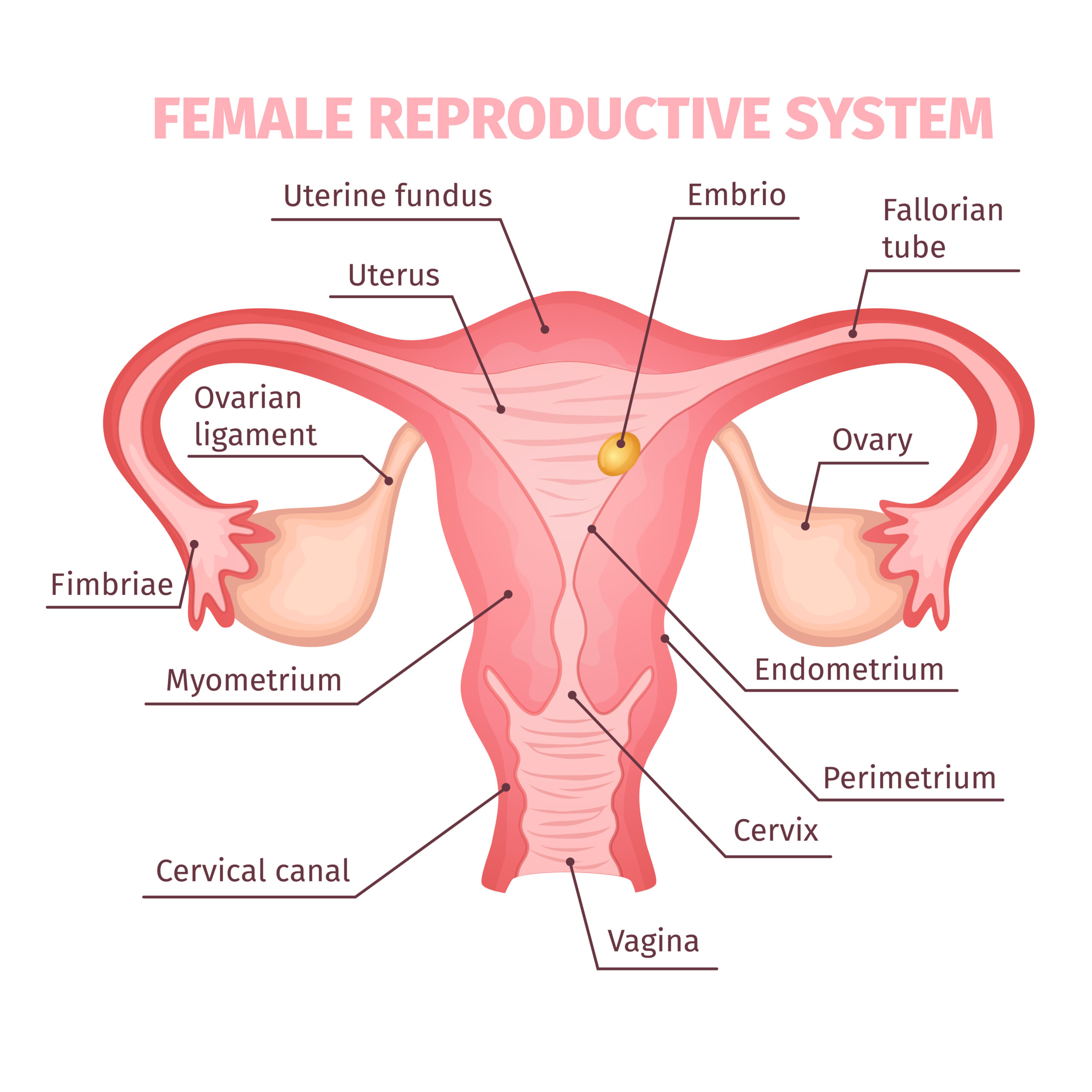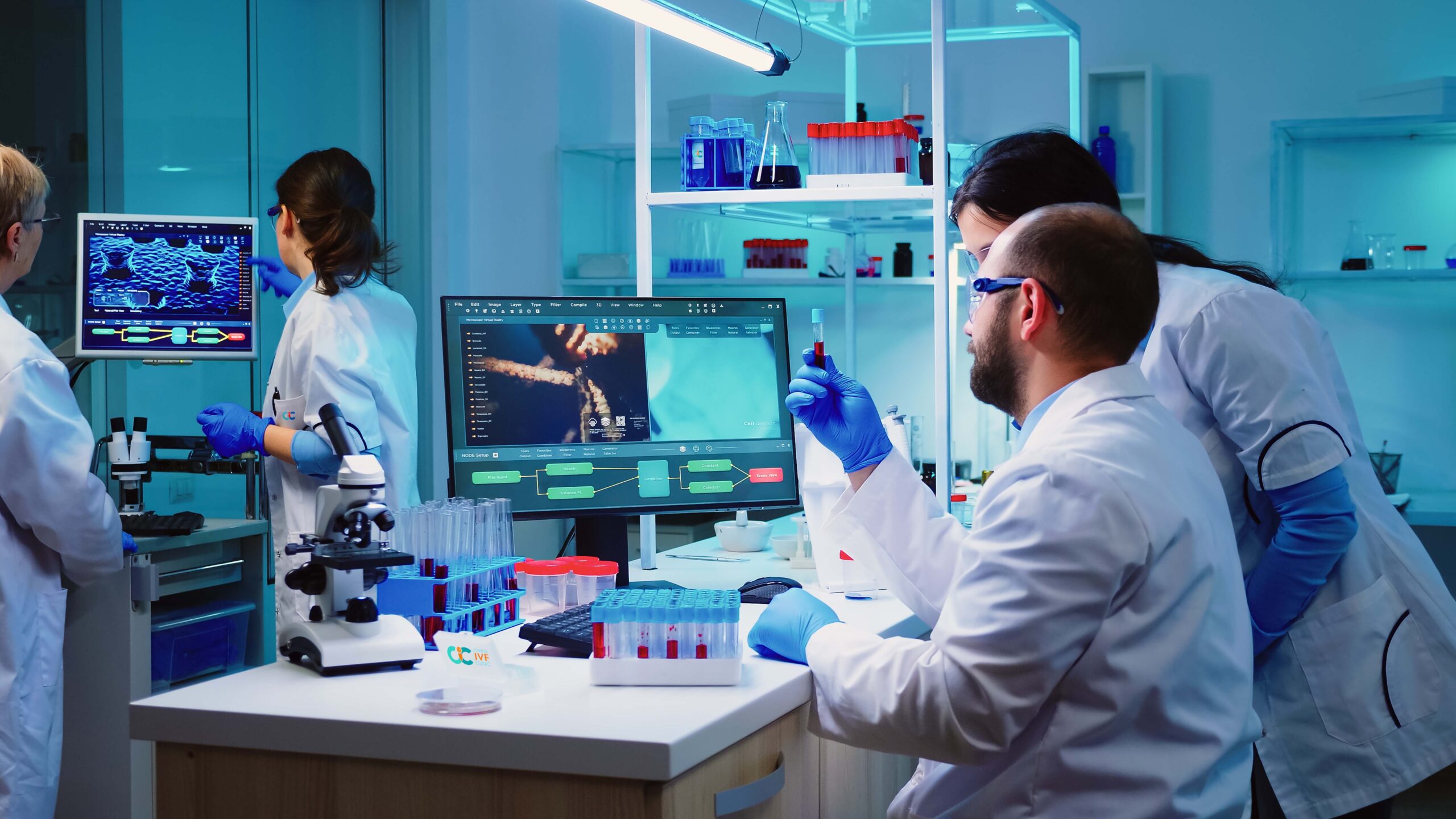CYPRUS IVF CLINIC ARTICLES
Why Did My Previous IVF(s) Fail?
Biological & Non-Biological Reasons and How to Solve Them
In-Vitro Fertilisation, in short, known as IVF is the most common treatment for couples that face fertility issues and have difficulty getting pregnant. With the remarkable improvements in assisted reproduction technology, IVF can be combined with other treatments to improve results and increase successful pregnancies even more than before. Nevertheless, although IVF treatments help millions of couples around the world to conceive and give birth to perfectly healthy babies, the result is not always as expected.
Although the health sector has developed significantly and a lot of questions have been answered towards understanding biological events such as pregnancy, there is still a lot we do not know about the phenomenon mechanisms inside our body and how they work. However, with today’s knowledge, we can still answer many of the unknown questions that you’ve been craving to be enlightened on. In this article, we will explain what could have affected your previous IVF treatment from being successful, especially when all the taken steps looked correct with a healthy embryo being implanted into your uterus. Subsequently, we will explain what could be the reasons for IVF treatments leading to IVF failure.
Why IVF Could Fail for Biological Reasons
1. Egg Abnormality
It is important to understand that it is ‘never’ your fault for an unsuccessful IVF cycle. While there are so many unknown factors required for a successful pregnancy, it is evident that a healthy egg, a normal functioning sperm (which will create a healthy embryo), an embryo-welcoming uterus and an immune system that will accept the implanted embryo, is key for a positive result.
Nevertheless, when the healthy egg and normal functioning sperm is combined for fertilisation in the lab, we start the process where the cell that carries the DNA chromosomes, divide and create identical cells with the same DNA, carrying the same number of chromosomes. On the 3rd or 5th day, those cells that have given form to an embryo and continued to grow, are ready for transfer. However, when the chromosomes are wrongly distributed, we have an abnormal embryo even though it may look perfectly fine under the microscope. As a result, the embryo is nonviable.
One of the main reasons why this can happen is when the spindle apparatus, in other words, the structure that allows chromosomes to divide, breaks. Consequently, we can directly associate this with the patient’s age. Scientific research shows that 90% of normal-looking embryos in females over 40 have the wrong number of chromosomes compared to 30% of females who are in their early 30s, whose embryos also have chromosomal abnormalities.
How We Can Solve This: Naturally, we can’t touch the abnormal embryo to correct the issue. But, what we can do is determine the number of chromosomes in an embryo on day 3 or day 5 with extremely high reliability owing to an advanced method called Pre-implantation Genetic Screening, known as PGS. Thus, unlike other fertility clinics in Europe who prefer to repeat the IVF process until they get it right, by using this procedure at Cyprus IVF Clinic, we can significantly increase the chances of transferring you a quality embryo and prevent you from stress and additional costs.
At Cyprus IVF Clinic, we show great concern for you and your health, both physical and emotional. We know that unsuccessful IVF cycles are frustrating and heart-breaking. But, our track record proves that our main priority is always to be successful during your first cycle. Nevertheless, it is very important to understand that there are genetic abnormalities that science is still not unable to detect, which could cause IVF failure. But bear in mind that if you do have even a little chance, we work so delicately and to perfection, that we will turn that little opportunity into success.
2. Abnormal Uterus
For a pregnancy to take place, the female’s uterus provides a safe and nurturing environment for the developing embryo to grow in. If the functionality of the uterus is affected by the occurrence of fibroids or polyps in the uterine muscle or in the tissue lining the uterus, which is called the endometrium, then, in most cases the implantation of the embryo will be impaired and the pregnancy will end abruptly with a miscarriage.
During the IVF cycle, we will prescribe you medications that will cause the endometrium to thicken to the desired thickness. Its receptivity, in other words, how ready the endometrium is to have the embryo transferred into the uterus, plays a crucial role in the result of the treatment. Its receptivity is determined by the days between day 19 and day 21 of each menstrual cycle when an embryo is usually implanted. If for some reason, that specific period is shifted a couple of days back or forward, this can result in a recurrent implantation failure.
How We Can Solve This: This can be resolved with specific tests that help us diagnose receptivity issues. Between these tests, one of them comprises a biopsy from the tissue lining the womb (the genes in that tissue) during day 19 and day 21. Just like the process, you undergo for embryo transfer, this procedure is also pain-free. On the other hand, our perfectionist fertility expert and experienced Obstetrician-Gynaecologists Dr Cenksoy will also run a full evaluation of both the uterus and uterine cavity before treatment. Thus, we will be able to suggest the best treatment protocol.
3. Immunologic Implantation Dysfunction
If you have a healthy uterus and also have chromosomally normal eggs but still cannot conceive through IVF, then we turn our focus on your immune system. Reproductive immunology is
the field of medicine that allows us to identify how a patient’s immune system responds during pregnancy and how it interacts with your uterus and other reproductive organs. It is considered normal when your immune does not fight an implanted embryo due to not considering it a foreign body. However, a failure of the immune system will lead it to attack the embryo which would either result in a miscarriage or a compromised fetal development.
This usually happens with women that have activated uterine natural killer cells (NKa), where our statistics show that approximately 20% of cases we treat at the Cyprus IVF Clinic come with this issue. Reacher shows that 30% of women with endometriosis will have NKa cells, regardless of the severity of the endometriosis. Women with autoimmune disease aside from a history of recurrent implantation failure or repeated pregnancy loss, have a high risk of rejecting the embryo.
How We Can Solve This: Most fertility experts believe that cases of repeated pregnancy loss are unexplained infertility. However, Dr Cenksoy digs deeper into the issue and always works towards his patients’ best interest. Consequently, at Cyprus IVF Clinic, we exhaust all resources before concluding. Therefore, Dr Cenksoy asks for screenings that will allow him to investigate the patient’s antibodies, among others and suggest the best protocol (both medication and treatment) for each case.
4. Sperm Abnormalities
The possibility of IVF failure is very low due to sperm abnormality. Nevertheless, research indicates that 30% of infertility cases can be caused by the male partner’s sperm count or from sperm production disorders. In other words, in these kinds of cases, the production of the sperm would not be sufficient enough for fertilisation or it could mean that the sperm produced cannot penetrate the egg. Thus, the sperm presents chromosomal abnormalities.
How We Can Solve This: Intracytoplasmic Sperm Injection (ICSI) is the most common method we use at the Cyprus IVF Clinic to eliminate infertility due to sperm abnormality. This allows men with low sperm count or low motility to successfully fertilise the female partner’s egg (or the donor egg if this is the case).




